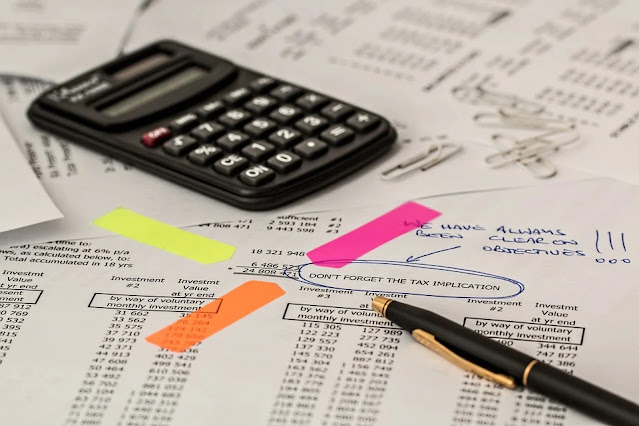Ledger - Accounting Ledger Book
A ledger is the principal book or computer file for recording
and totaling economic transactions measured in terms of a monetary unit
of account by account type, with debits and credits in separate columns
and a beginning monetary balance and ending monetary balance for each
account.
The ledger is a permanent summary of all amounts entered
in supporting journals which list individual transactions by date.
Every transaction flows from a journal to one or more ledgers. A
company's financial statements are generated from summary totals in the
ledgers.
Ledgers include:
- Sales ledger, records accounts receivable. This ledger consists of the financial transactions made by customers to the company.
- Purchase ledger records money spent for purchasing by the company.
- General ledger representing the five main account types: assets, liabilities, income, expenses, and capital.
For every debit recorded in a ledger, there must be a corresponding credit so that the debits equal the credits in the grand totals.
Types on the basis of purpose
The three types of ledgers are the general, debtors, and creditors. The general ledger accumulates information from journals. Each month all journals are totaled and posted to the General Ledger. The purpose of the General Ledger is therefore to organize and summarize the individual transactions listed in all the journals. The Debtor Ledger accumulates information from the sales journal. The purpose of the Debtors Ledger is to provide knowledge about which customers owe money to the business, and how much. The Creditors Ledger accumulates information from the purchases journal. The purpose of the Creditors Ledger is to provide knowledge about which suppliers the business owes money to, and how much.
Etymology
The
term ledger stems from the English dialect forms liggen or leggen,
meaning "to lie or lay" (Dutch: liggen or leggen, German: liegen or
legen); in sense it is adapted from the Dutch substantive legger,
properly "a book laying or remaining regularly in one place".
Originally, a ledger was a large volume of scripture or service book
kept in one place in church and openly accessible. According to Charles
Wriothesley's Chronicle (1538), "The curates should provide a booke of
the bible in Englishe, of the largest volume, to be a ledger in the same
church for the parishioners to read on."
In application of this original meaning the commercial usage of the term is for the "principal book of account" in a business house.
By: Best Notebook Journal Diary
Source: Wikipedia




Comments
Post a Comment